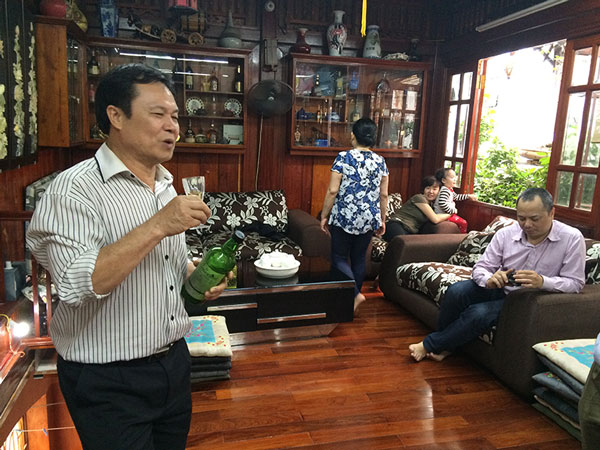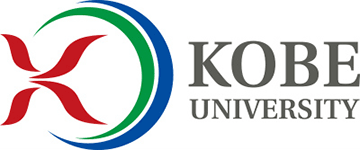Theme 2
Transition Measures of Asian Consumption and Production Patterns Based on Activities and Dynamics of Diverse Stakeholders

Theme 2 comprises two tasks: fact finding and proposing actions based on the fact-finding data. In the first task, we examine stakeholders’ activities related to consumption and production patterns in Asia. In particular, we focus on citizens, business entities, and communities. We view stakeholders as playing not only economic roles but also other social roles. For example, citizens are not only consumers, but also act as producers as they pursue their own lifestyles and activities. Business entities are producers of economic values, but at the same time, they are consumers of raw materials and energy in their business activities. Moreover, some companies are aware of their corporate social responsibility for society and the environment and engage in activities related to sustainability. Communities and municipalities also engage in activities relating to or affecting the formulation of consumption and production patterns in their vicinity.
The second task is to propose actions to change consumption and production patterns based on the results of the in-depth fact finding of stakeholder activities. We attempt to identify drivers and other factors affecting consumption and production patterns and intervention points for shifting to sustainable consumption and production (SCP) patterns. These factors change as a country or a region develops. Some changes, if suitably accumulated and/or in combination with others, eventually result in large-scale change, that is, social innovation. These dynamic aspects need to be considered when proposing transition measures.
Theme 2 is divided into two subthemes:
- Subtheme 2-1 addresses citizens and communities and Subtheme 2-2 addresses business entities. Each subtheme comprises the two tasks mentioned above. Subtheme 2-1 is carried out by a team of researchers from the National Institute for Environmental Studies, and it aims at identifying current and future lifestyle trends in Asia as well as various types of community organizations and their functions. In addition, this team develops a product stock model to estimate the environmental loads related to the use and disposal of electricity-consuming products such as home air conditioners to propose a SCP policy intervention, taking into account lifestyles in Asia.
- Subtheme 2-2 is carried out by a team of researchers from Kobe University, and its goal is to propose an advanced environmental management model of companies in Asia and ways for Asian companies to introduce it.



